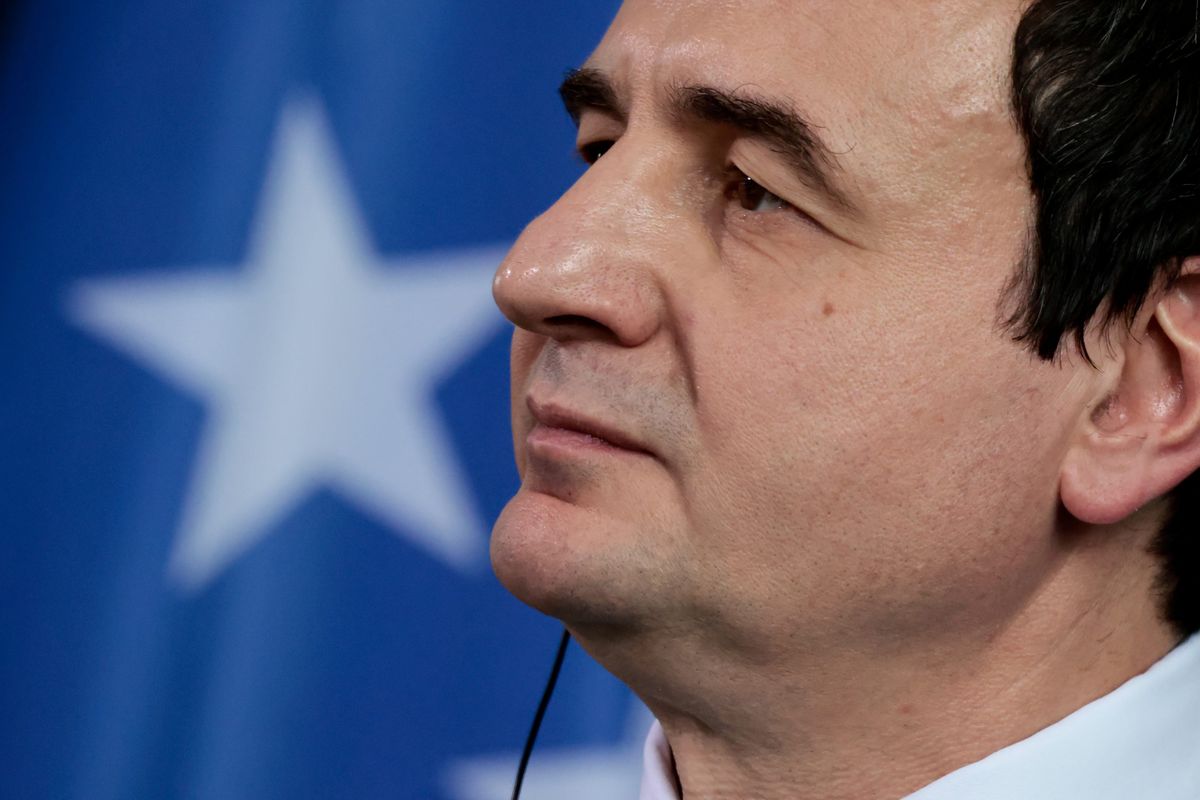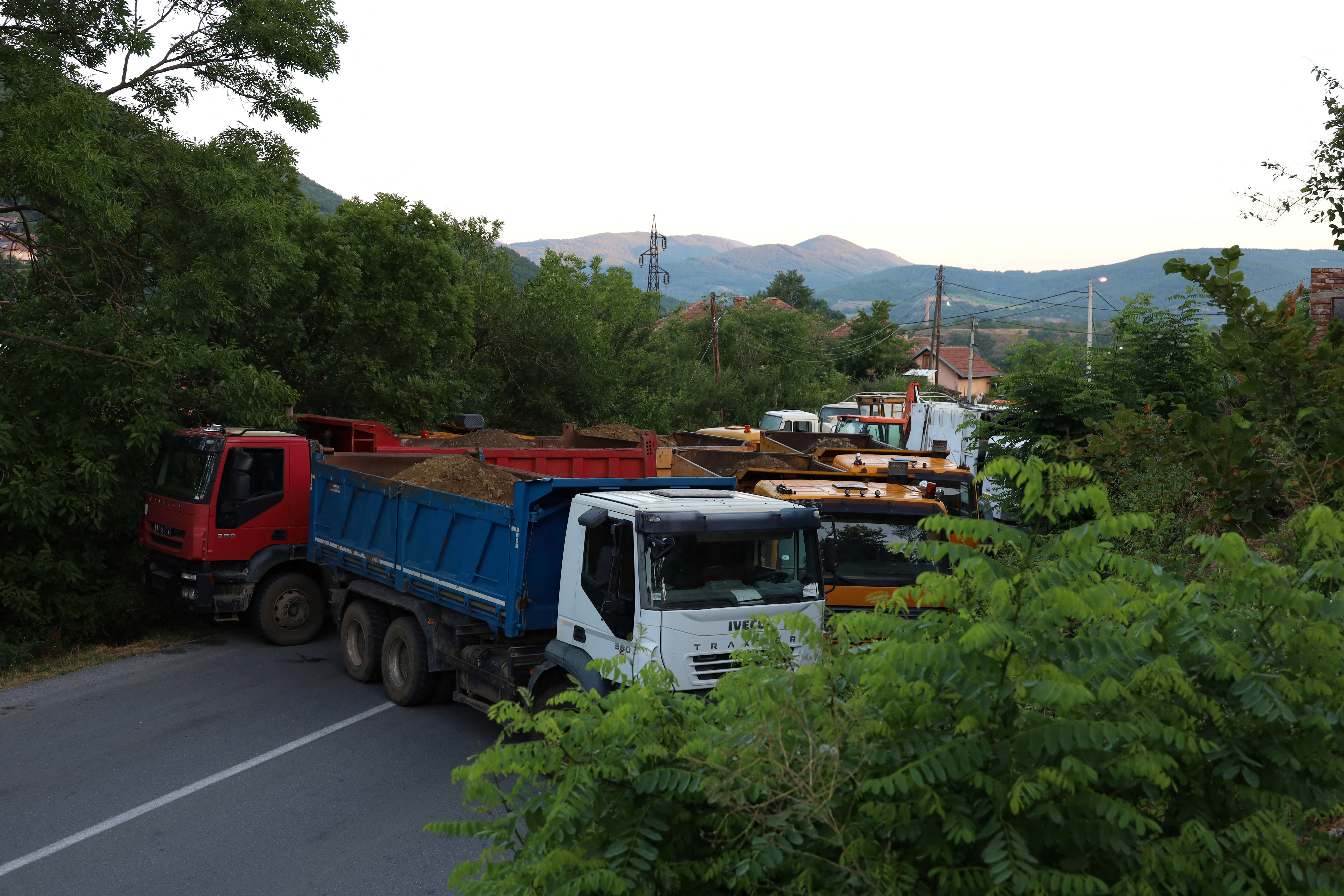Tensions return to Kosovo between Albanians and Serbians

A few minutes every morning is all you need.
Stay up to date on the world's Headlines and Human Stories. It's fun, it's factual, it's fluff-free.
Kosovo, which is in southeastern Europe and used to be part of Yugoslavia, declared independence in 2008 after a violent conflict which ended with NATO bombing Serbia in 1999. Still, Kosovo isn’t totally recognized as an independent country, and it’s not a member of the UN. And to many Serbians and Albanians, the conflict never really ended. With an Albanian-led government, ethnic Serbians are the minority in the country, making up only around 6% of the population. Many Serbians continue to use documents and license plates issued by Serbia, refusing to recognize the institutions currently in place in the capital, Pristina.
Now, Albanians and Serbians are having problems in Kosovo again. The government is making Serbian residents apply for Kosovan documents and license plates. As a result, demonstrations have erupted in the north, with protesters blockading northern roads and reportedly firing guns (though injuring no one). Over the weekend, the government spoke with EU and US leaders, deciding to put off carrying out the decision until September. Since then, the roadblocks have been removed.
Key comments:

“The government of the Republic of Kosova forcefully condemns the obstruction of roads in the north of Kosova and the firing of weapons by armed persons there today," Kosovo’s Prime Minister Albin Kurti said in a statement on Sunday.
“We pray and ask for peace. If they dare to persecute and kill Serbs, Serbia will win," President Aleksandar Vučić tweeted on Sunday.
“Now, thank God, some escalation has been avoided overnight, but this situation has only been delayed for one month," Kremlin spokesman Dmitry Peskov said on Monday.




Comments ()